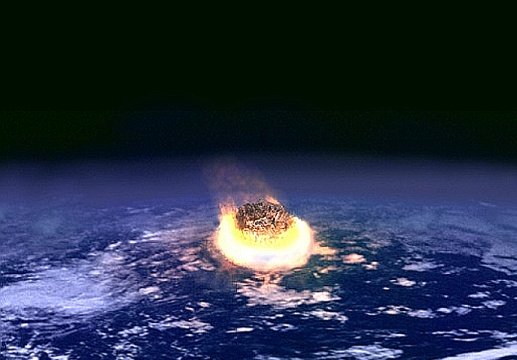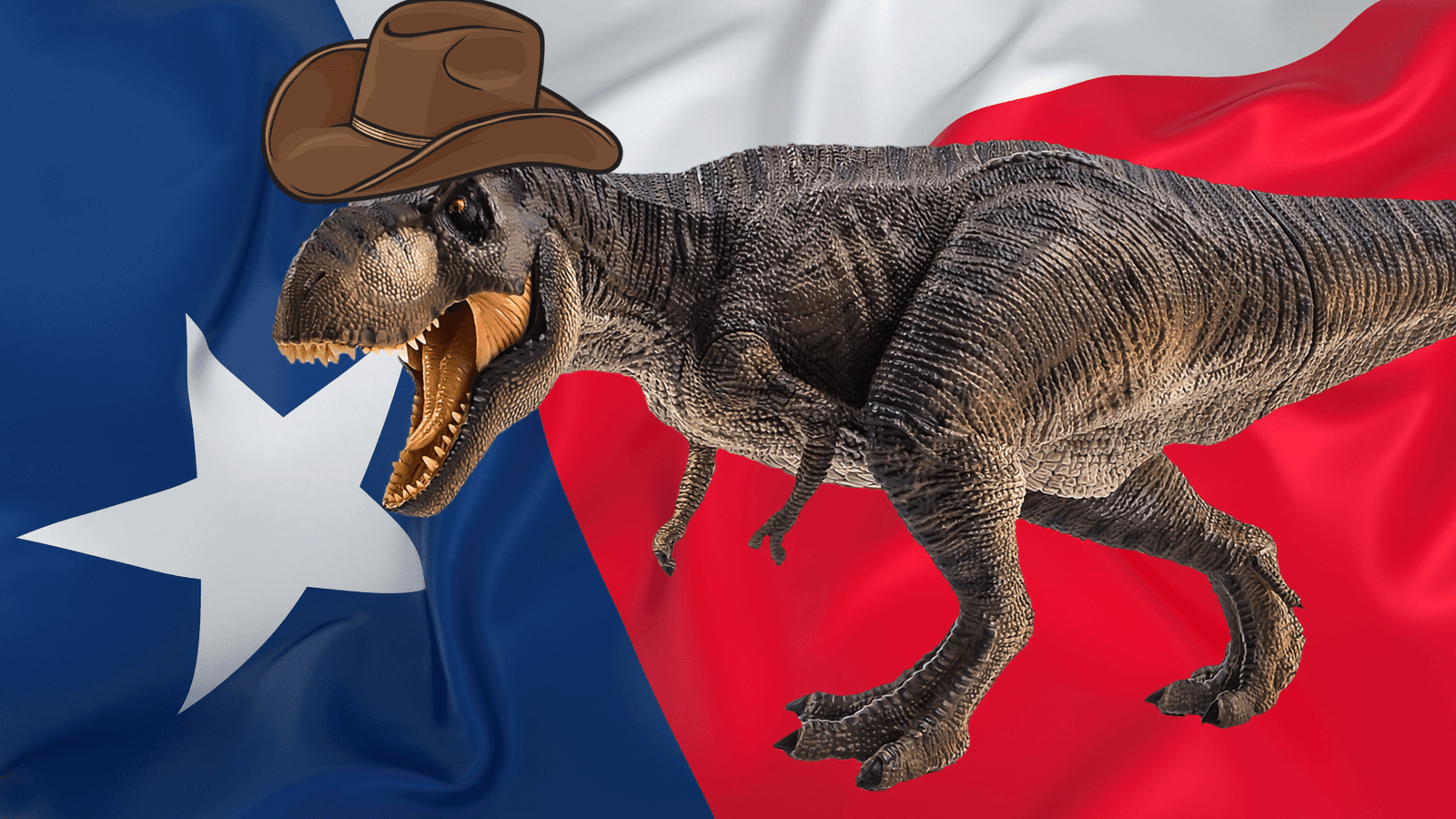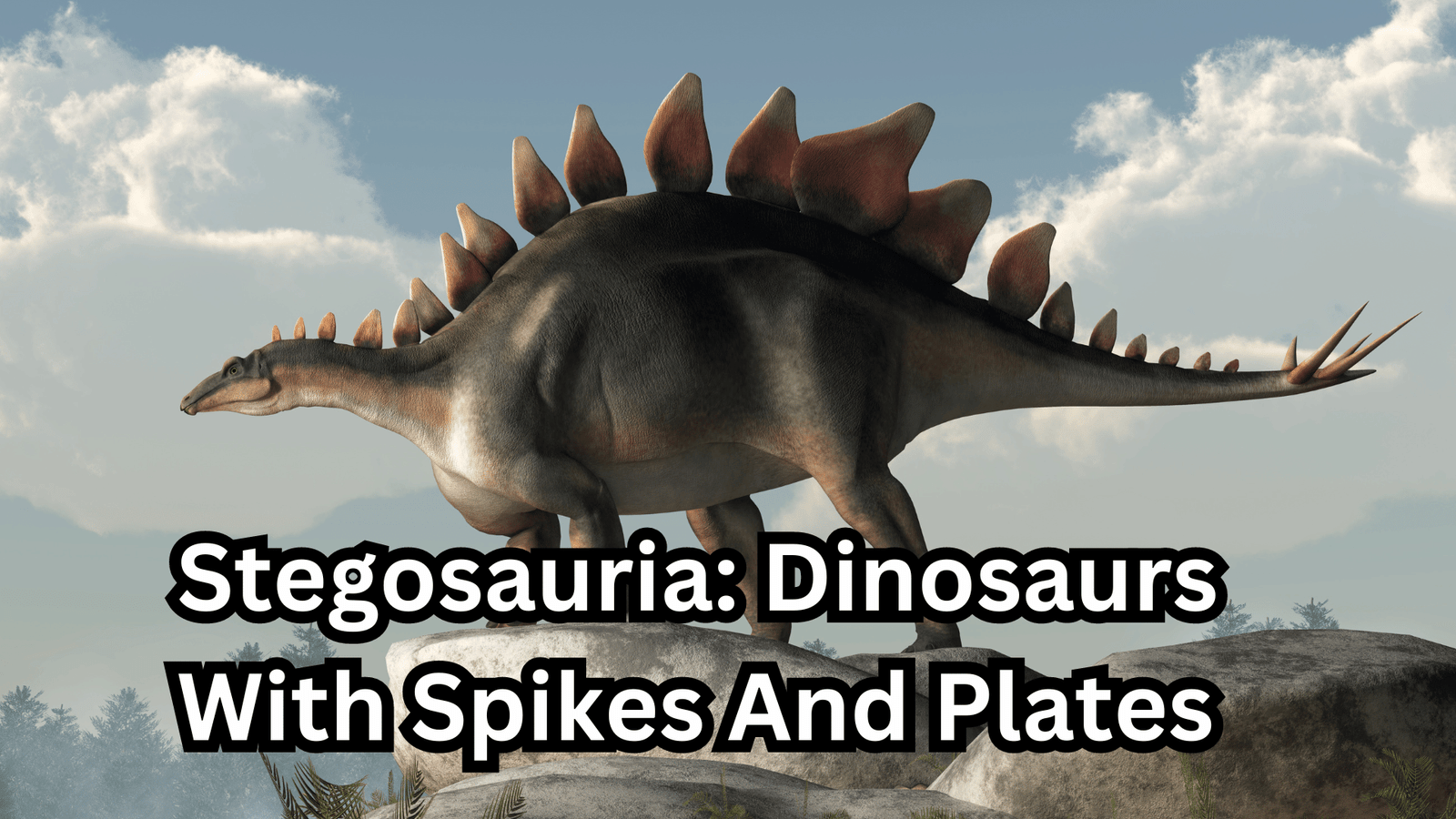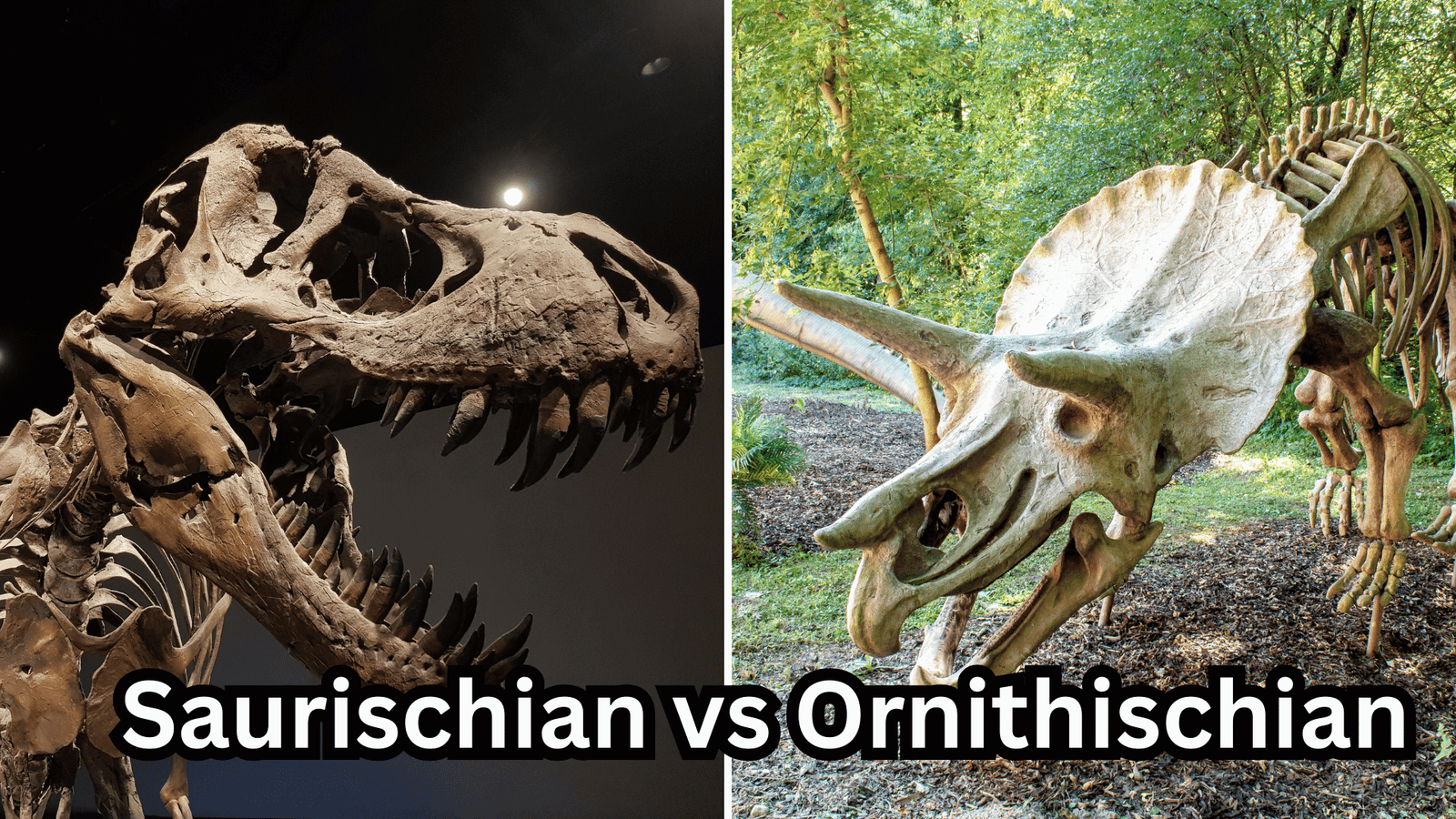What caused dinosaur extinction?
Dinosaurs have been around for about 230 million years, according to recent studies. However, paleontologists believe that almost all dinosaurs became extinct due to a catastrophic event that occurred 65 or 66 million years ago and wiped out all dinosaurs and nearly all other animals. But what caused the dinosaur extinction?

Two main theories have emerged as to what caused the catastrophic extinction event
The first theory is that a meteorite impact in Mexico’s Yucatan Peninsula caused the extinction event.
Many paleontologists think that a large meteorite hit the earth and caused extreme environmental changes in temperature and weather patterns worldwide.
The second theory speculates that the dinosaurs became extinct as a result of volcanic eruptions. Volcanic eruptions emit toxic gases into the air, which mix with water vapor to create acid rain or snow, thus destroying plant and animal life in forests and jungles near volcanoes.
In fact, in 1980, Mount St. Helens erupted; The resultant acidic fallout killed animals and trees up to 30 miles away.
Extensive studies have shown a great deal of volcanic activity around the time of dinosaur extinction, which supports this theory.
Chances are, both events caused the extinction
A combination of the two theories most likely caused the dinosaur extinction. Scientists who favor the meteorite theory believe that a meteorite impact would cause extensive volcanic activity in surrounding areas, triggering the volcanoes, resulting in a sort of ‘one-two punch,’ so to speak.
“Iridium,” a chemical element, has been found in higher concentrations in the clay found directly below the Cretaceous-Tertiary (or K-T) boundary about 67 million years ago. Iridium is rare on earth but is quite common in meteorites. Therefore, scientists have concluded that the iridium found directly below the K-T boundary was too concentrated to have come from the meteorite that hit the earth.
The meteorite theory is also supported by the discovery of craters off Mexico’s Yucatan Peninsula, which scientists have used to determine that an object about 6 miles in diameter hit the earth at this time. It probably triggered several volcanoes that were already active, and they spewed ash into the air, which mixed with carbon dioxide to form a sort of poisoned snow (Nuclear winter), killing off plants and eventually animal life.
Although scientists are still researching the cause of dinosaur extinction, most believe it was a combination of events caused by the meteorite impact. The volcanic activity triggered by the meteorite impact was an essential factor in the extinction of dinosaurs.
Some paleontologists believe that dinosaurs did not die out all at once but instead died gradually over many years.
There are still many discoveries to make, new evidence to find. We might get a better grasp of what exactly happened to the dinosaurs one day in the future.
It is truly fascinating how much we still learn and discover every year. The extinction of the dinosaurs was a massive loss for the earth, both ecologically and scientifically. The earth’s ecosystem changed drastically by the loss of these animals, which had been around since before the first flowering plants appeared on earth.
What would happen if we didn’t lose them 65 million years ago? Some scientists believe that dinosaurs might have eventually evolved into intelligent life forms similar to humans today. Would they develop technology as we do? Travel space and time? We’ll never know.
We’ll never know what caused dinosaur extinction for sure, and it will always remain one of life’s greatest mysteries, but we have a strong theory.
What caused the extinction of the dinosaurs? In a nutshell:
A combination of catastrophic events caused the extinction of dinosaurs, including meteorite impacts and volcanic activity.
It happened about 65 or 66 million years ago.
50% of all genus and 20% of all animal families became extinct within a few thousand years after the impact, including non-avian dinosaurs.
It took about 10 million years for the earth’s lifeforms to recover from the extinction event.




